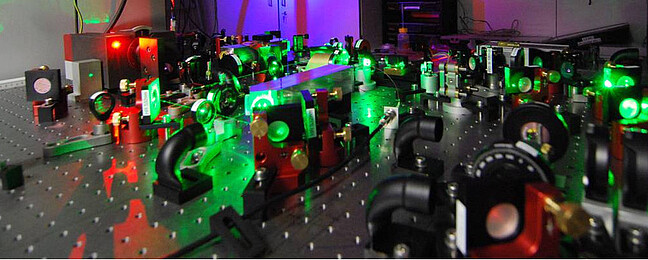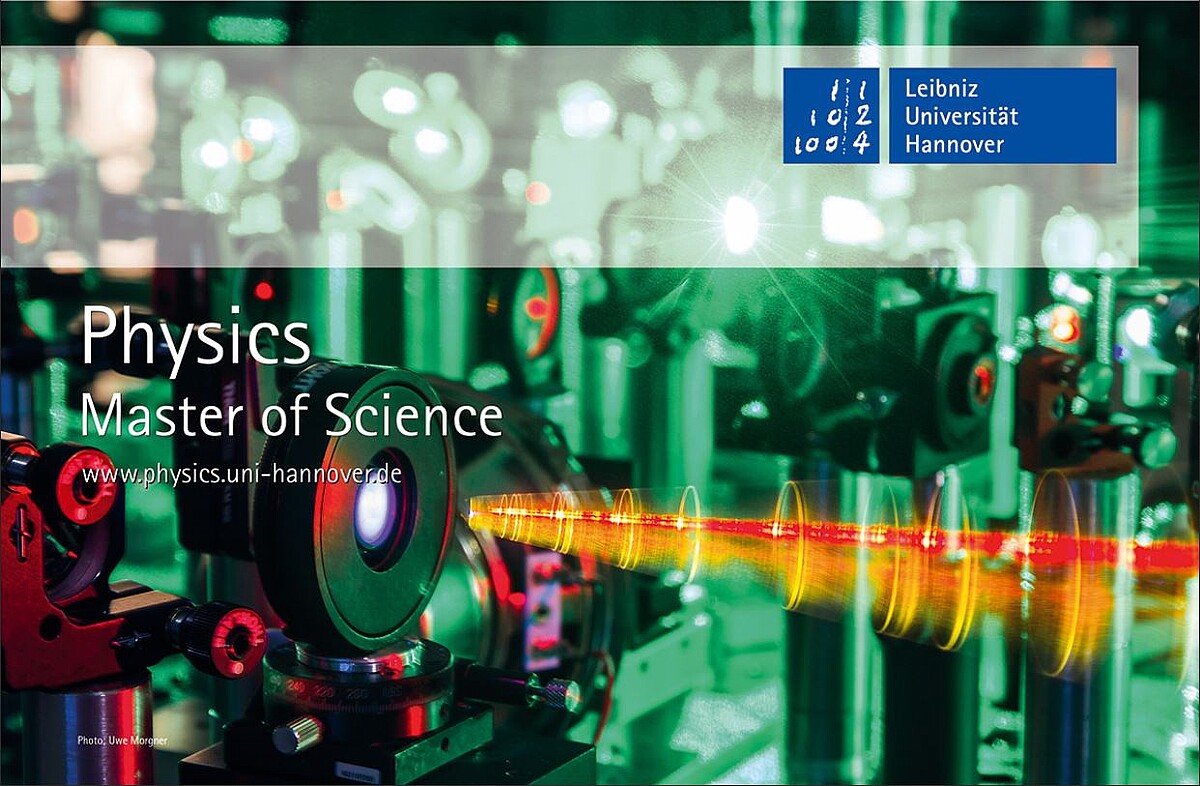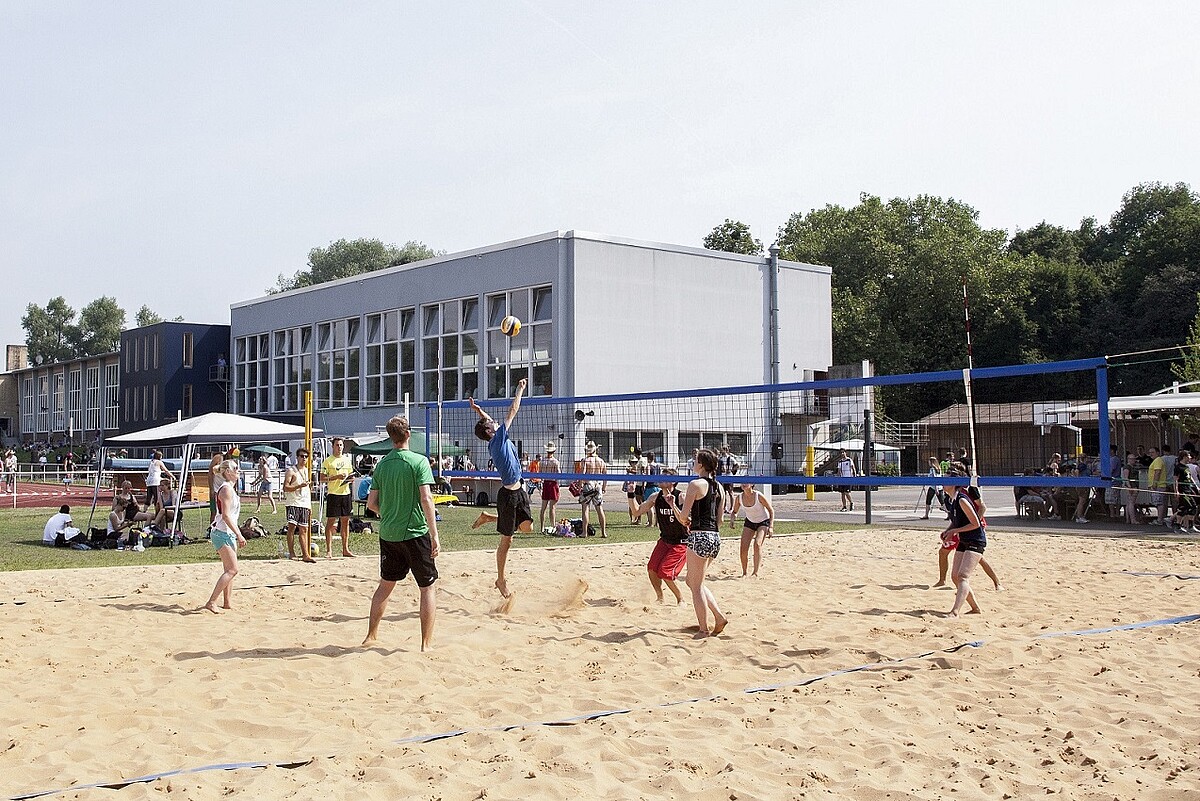Reasons for Hannover, language offers, financing & costs, housing, visa, campus life, insurance
Welcome Studying Physics in Hannover!
We offer you an English-speaking master's degree with excellent research possibilities in one of the most beautiful cities in Germany. The main research topics of our researchers are:
- Gravitational physics
- Quantum optics
- Solid state physics
Lectures in these fields are the basis of your Master study. In the further course, you are advised to specialize in one of these areas to gain access to the cutting edge of modern research. This is supplemented by a one-year research phase, where students will be guided into independent scientific work.
You are not registered yet?
Key Data
Key Data
Start
winter- or summer semester
Duration
4 Semesters
Application Deadline for Germany and EU countries
15th July for winter semester
15th January for summer semester
Application Deadline for Non-EU countries
31th May for winter semester
30th November for summer semester
Impressions
Contact Person
30167 Hannover



























